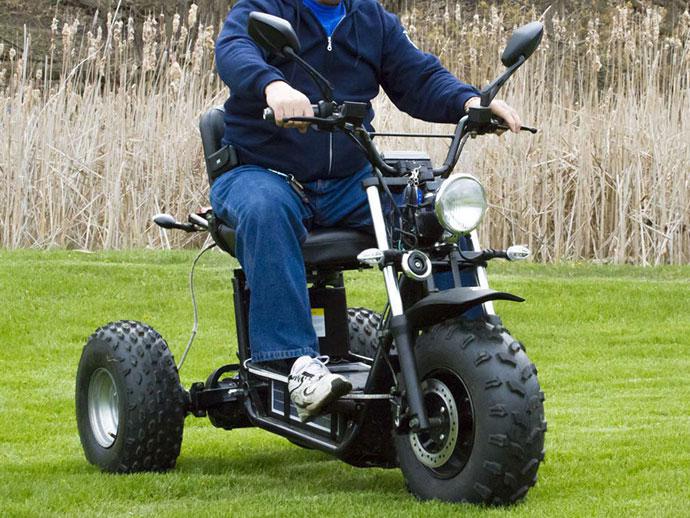Nissan Leaf withdrawn from Fresh Zealand, electric-car sales plummet
2016 Nissan Leaf
When it comes to thriving markets for electrified cars, Fresh Zealand doesn’t exactly top the list.
So what happens when a bestselling electrical car is withdrawn from what is already a low-volume market?
The Nissan Leaf is the bestselling electrified car worldwide, but now Nissan will stop selling it from Fresh Zealand.
And that is causing electric-car sales in the country to plummet, according to one advocacy group.
Fresh Zealand electric-car sales have stalled since Nissan stopped selling the Leaf there last November, according to local group Drive Electrified (via Stuff.co.nz).
The group says this is because the removal of the Leaf leaves buyers without a low-cost electric-car option.
2016 Nissan Leaf
The Leaf had been selling in Fresh Zealand for around $40,000 (about $26,000 U.S.).
With the Nissan electrical car no longer available, the next cheapest option for a plug-in car is the Mitsubishi Outlander Plug-In Hybrid.
But this model does not have an all-electric powertrain, and it costs harshly $60,000 ($40,000 U.S.) in Fresh Zealand.
Price is an especially significant factor in Fresh Zealand because a larger portion of electric-car sales come from cost-conscious fleet owners.
2016 Nissan Leaf
At the same time, many individual buyers choose used cars imported from the U.K. and Japan that sell for much lower prices than fresh cars.
For its part, Nissan does not believe continuing to sell the Leaf in Fresh Zealand is a commercially-sustainable proposition.
It was previously able to sell the Leaf at a lower price by sourcing Japanese-made cars from the company’s larger sales operation in adjacent Australia.
Even if it determined to proceed selling the Leaf in Fresh Zealand, Nissan does not think it could do so without raising prices.
2016 Nissan Leaf
Lack of strong electric-car incentives may have also factored into the carmaker’s decision.
Fresh Zealand’s government is in the process of developing an incentives package, but Nissan does not expect it to budge the needle much.
And as in other countries, advocates there worry that low oil prices are suppressing request for electrified cars.
While electrical cars have made fine strides over the past few years, the case of Fresh Zealand shows once more that they still have fairly a way to go before achieving mass adoption.
It also shows how removing a car like the Leaf, which is well suited to the needs of a large swath of buyers, from the equation can have a significant negative influence on sales.
Fresh Zealand now has just over 1,000 electrified cars registered, of a total of Four.7 million vehicles on its roads.
